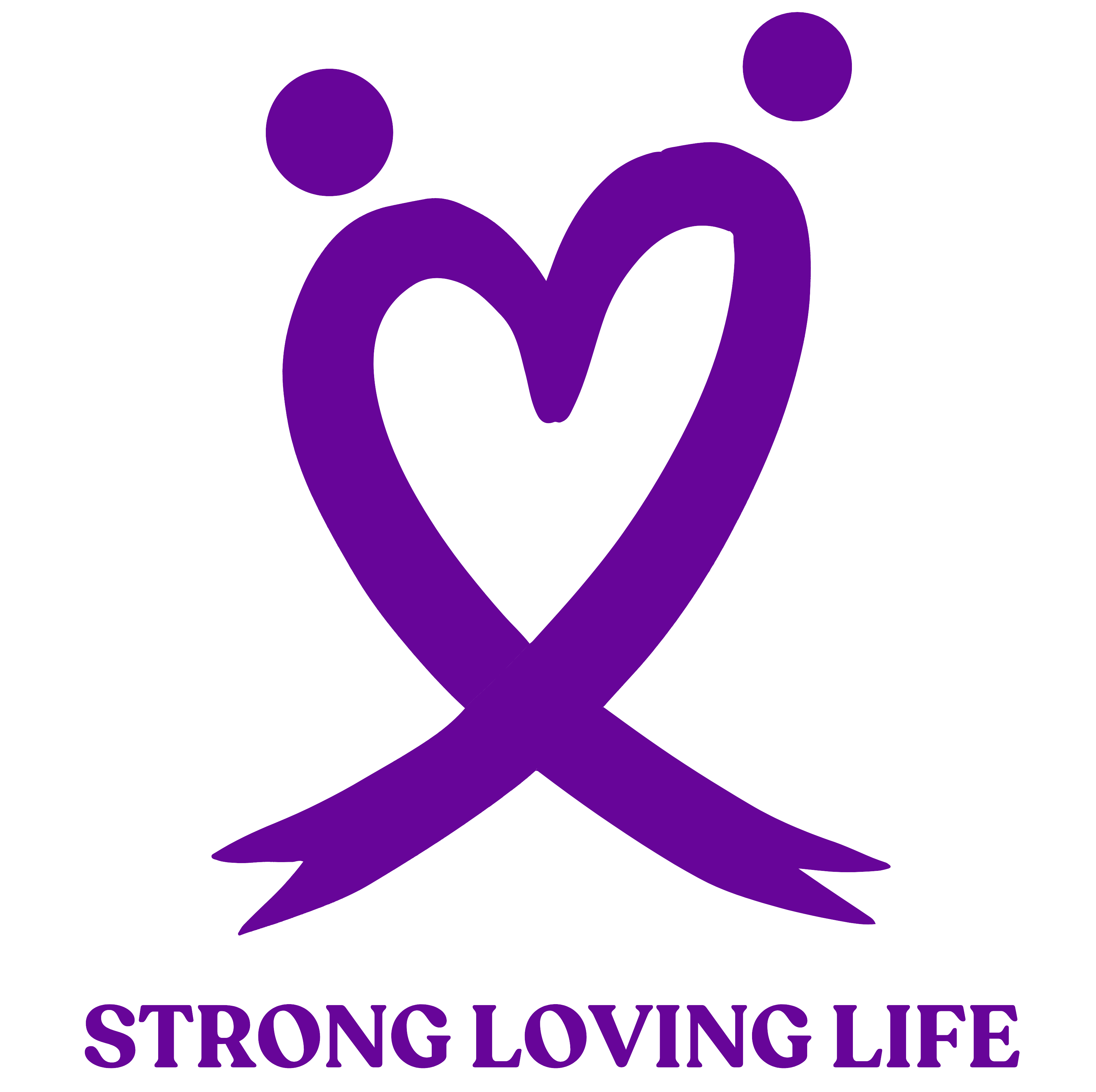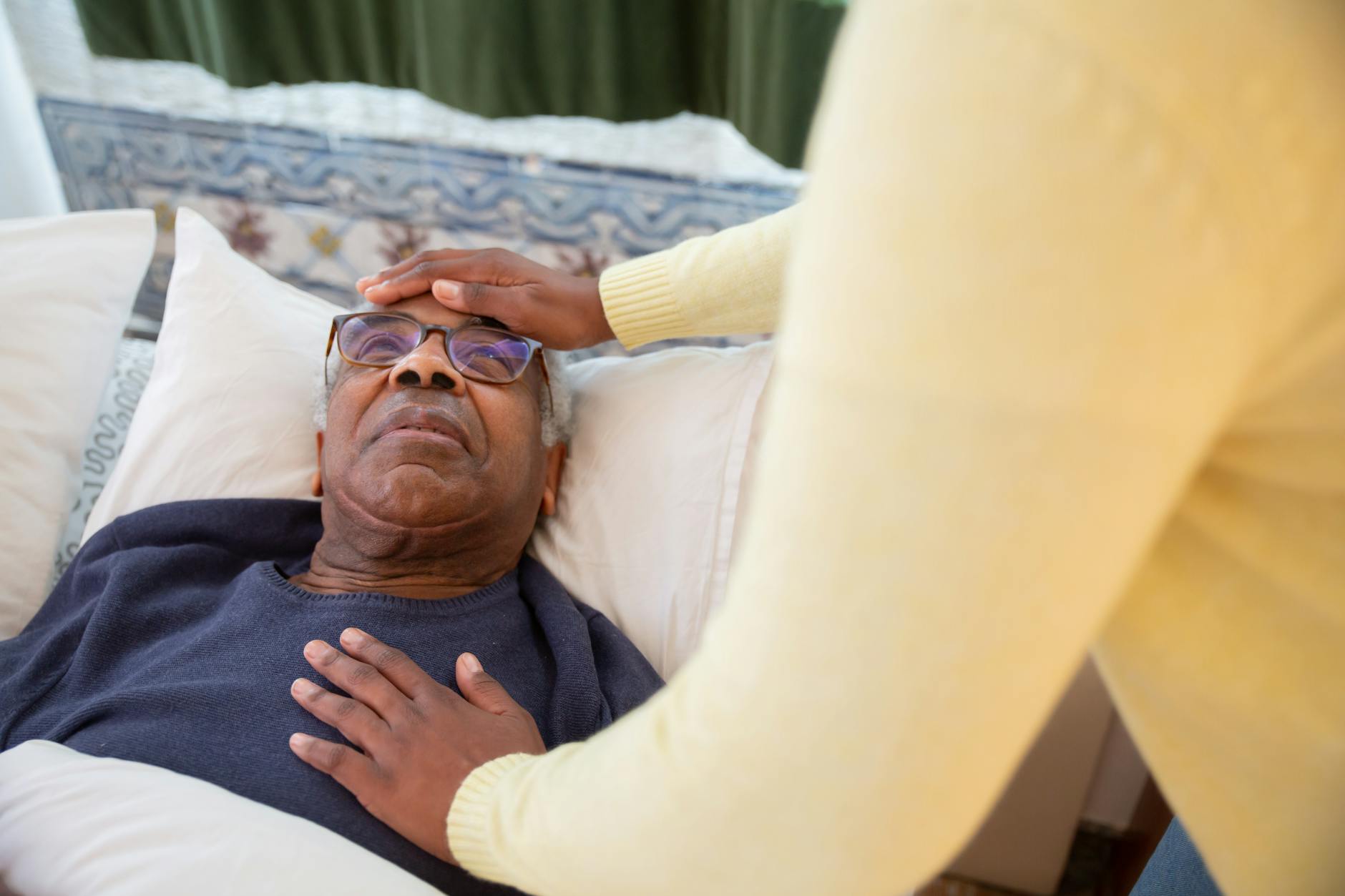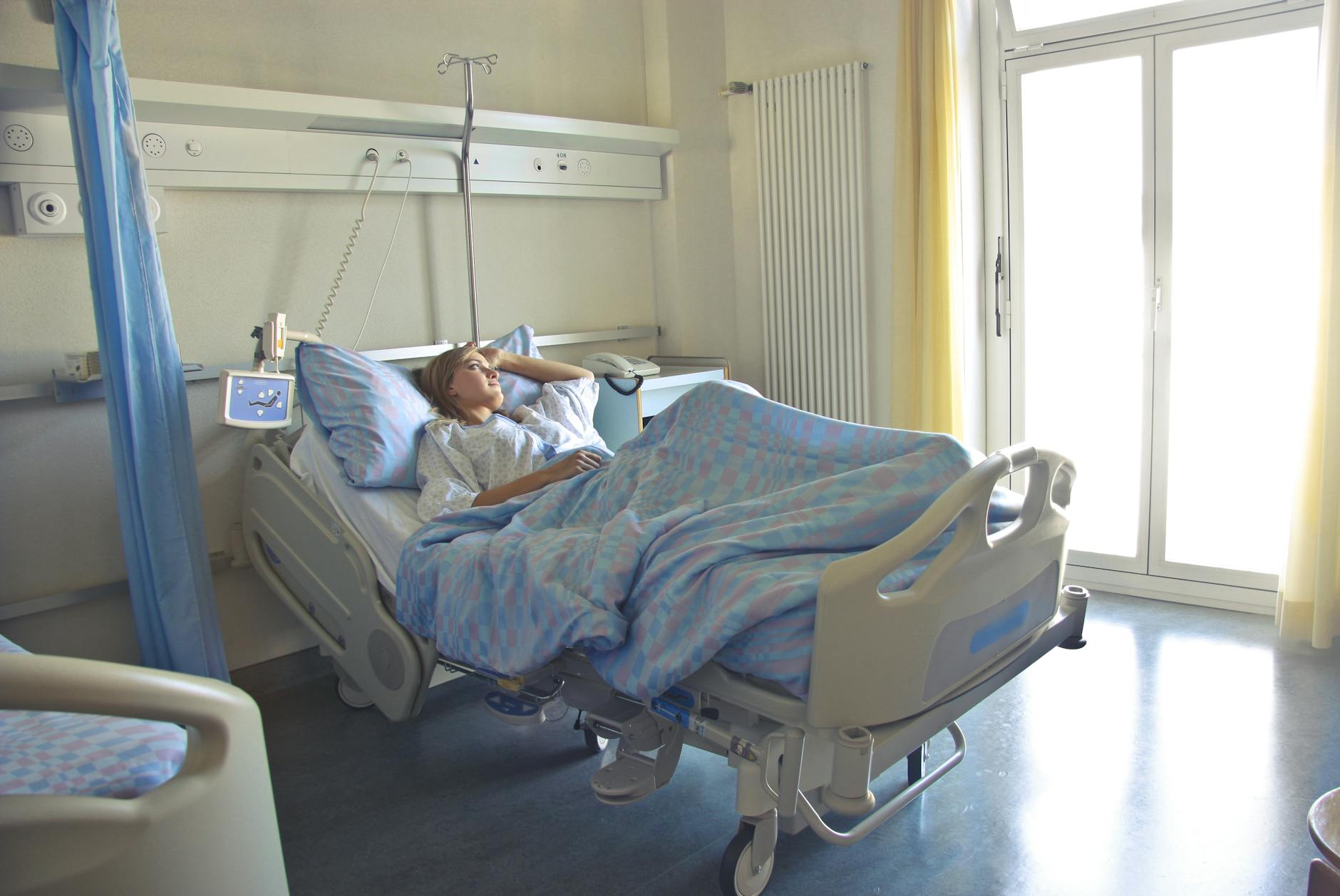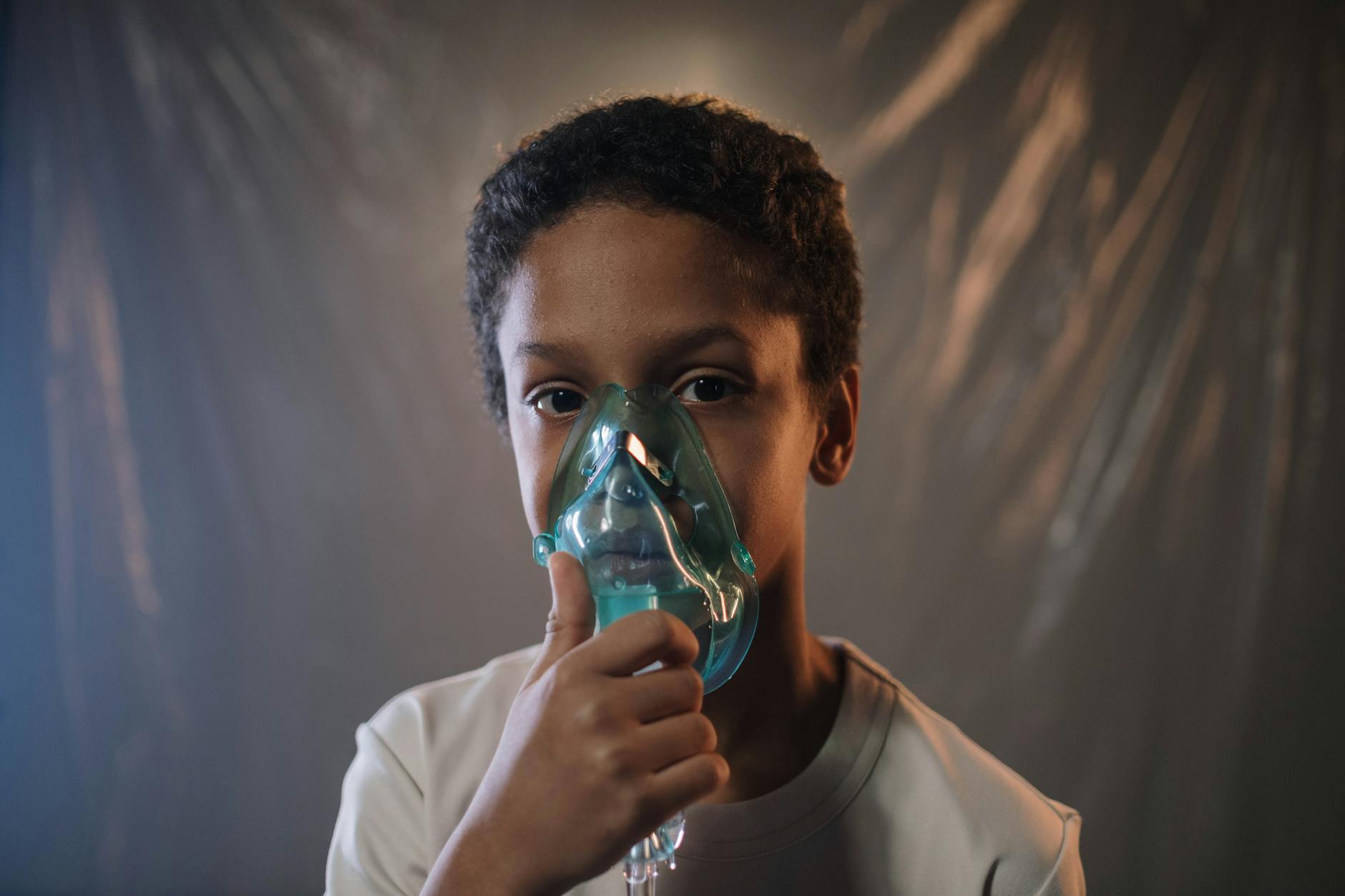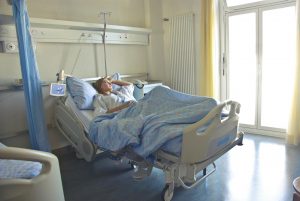Aging is a natural part of life, but it often brings a myriad of health challenges that can significantly impact the quality of life for seniors. Understanding these common senior illnesses is crucial for elderly caregivers and healthcare professionals alike. This article aims to provide an in-depth look at 12 prevalent conditions, their symptoms, and recommended treatments, fortified by the latest research and studies.
1. Alzheimer’s Disease
Alzheimer’s Disease is a progressive neurological disorder that primarily affects seniors, leading to memory loss, cognitive decline, and changes in behavior. It is the most common cause of dementia among older adults and poses significant challenges for patients and their families.
Symptoms
- Memory loss
- Confusion and disorientation
- Difficulty in completing familiar tasks
- Changes in mood and personality
Treatments
While there is no cure for Alzheimer’s, treatments focus on managing symptoms and improving quality of life. Medications such as cholinesterase inhibitors can help manage cognitive symptoms. Non-drug approaches include cognitive therapy and lifestyle changes, like a balanced diet and regular physical activity.
2. Arthritis
Arthritis is a common condition among seniors, characterized by inflammation and stiffness in the joints. It can significantly impact daily activities and quality of life, making it crucial to understand its symptoms, causes, and available treatments. With proper management, seniors can maintain their mobility and continue enjoying their favorite activities.
Symptoms
- Joint pain and stiffness
- Swelling and redness around joints
- Reduced range of motion
Treatments
Common treatments for arthritis include anti-inflammatory medications, physical therapy, and lifestyle modifications such as weight loss and exercise. In severe cases, surgical interventions like joint replacement may be necessary.
3. Heart Disease
Heart disease is a major health concern for seniors, as it is the leading cause of death among older adults. As people age, the risk of developing cardiovascular conditions such as coronary artery disease, heart failure, and arrhythmias increases significantly. Preventative measures, early detection, and effective management are crucial in mitigating the impact of heart disease on the elderly population, enabling them to maintain a better quality of life.
Symptoms
- Chest pain (angina)
- Shortness of breath
- Fatigue
- Irregular heartbeat
Treatments
Heart disease treatments often involve a combination of medications (such as beta-blockers and ACE inhibitors), lifestyle changes (diet and exercise), and surgical procedures like angioplasty or bypass surgery.
4. Osteoporosis
Osteoporosis is one of the many common senior illnesses, characterized by weakened bones that are more susceptible to fractures. As we age, our bones naturally lose density, but osteoporosis accelerates this process, making everyday activities potentially hazardous. Ensuring a proper diet, regular exercise, and medical check-ups are crucial in managing and preventing this condition to improve the quality of life for the elderly.
Symptoms
- Bone fractures
- Loss of height over time
- Back pain
- Stooped posture
Treatments
Treatments for osteoporosis include calcium and vitamin D supplements, bisphosphonates, and lifestyle changes like weight-bearing exercises to strengthen bones.
5. Diabetes
Diabetes is a chronic condition that affects how the body processes blood sugar (glucose). For seniors, managing diabetes can be particularly challenging due to age-related health changes and the presence of other medical conditions. Proper management and lifestyle adjustments are crucial to maintaining quality of life and preventing complications.
Symptoms
- Increased thirst and hunger
- Frequent urination
- Fatigue
- Blurred vision
Treatments
Managing diabetes involves a balanced diet, regular exercise, and medications such as insulin or oral hypoglycemics. Monitoring blood sugar levels is also crucial.
6. Chronic Obstructive Pulmonary Disease (COPD)
Chronic Obstructive Pulmonary Disease (COPD) is a progressive lung condition that primarily affects seniors, leading to breathing difficulties and reduced quality of life. Managing COPD in older adults requires careful attention to treatment and lifestyle adjustments to maintain their health and well-being.
Symptoms
- Chronic cough
- Shortness of breath
- Frequent respiratory infections
- Wheezing
Treatments
COPD treatments include bronchodilators, steroids, pulmonary rehabilitation, and lifestyle changes like quitting smoking and avoiding lung irritants.
7. Depression
Depression in seniors is a significant yet often overlooked issue. As individuals age, they may face various challenges such as health issues, loss of loved ones, and reduced social interactions, which can contribute to feelings of sadness and hopelessness. Recognizing and addressing depression in seniors is crucial to improving their overall well-being and quality of life.
Symptoms
- Persistent sadness or hopelessness
- Loss of interest in activities
- Changes in appetite and sleep patterns
- Fatigue
Treatments
Depression can be managed with medications such as antidepressants, psychotherapy, and lifestyle changes like regular physical activity and social engagement.
8. Hypertension
Hypertension, commonly known as high blood pressure, is a prevalent health issue among seniors. As individuals age, the risk of developing hypertension increases, often leading to serious complications if left unmanaged. Regular monitoring and lifestyle adjustments are crucial for seniors to maintain healthy blood pressure levels and reduce the risk of related health problems.
Symptoms
- Often asymptomatic (a “silent killer”)
- Headaches
- Shortness of breath
- Nosebleeds
Treatments
Treatment options for hypertension include antihypertensive medications, lifestyle changes (diet and exercise), and regular monitoring of blood pressure.
9. Cancer
Cancer is a significant health concern for seniors, as the risk of developing cancer increases with age. With advancements in medical care and early detection, many older adults are living longer and managing their conditions more effectively. Understanding the unique challenges and treatment options for seniors diagnosed with cancer is crucial for improving their quality of life and outcomes.
Symptoms
- Unexplained weight loss
- Fatigue
- Lumps or growths
- Changes in skin
Treatments
Cancer treatments vary widely depending on the type and stage of cancer. They may include surgery, chemotherapy, radiation therapy, immunotherapy, and targeted drug therapy.
10. Stroke
Stroke is a serious medical condition that occurs when the blood supply to part of the brain is interrupted or reduced, depriving brain tissue of oxygen and nutrients. Seniors are particularly at risk for strokes, making it crucial for them to understand the symptoms and take preventive measures to maintain their health and well-being.
Symptoms
- Sudden numbness or weakness (especially on one side of the body)
- Confusion or trouble speaking
- Vision problems
- Severe headache
Treatments
Immediate medical attention is crucial for stroke. Treatments may involve clot-busting medications, surgery, and rehabilitation therapies like physical, occupational, and speech therapy.
11. Urinary Incontinence
Urinary incontinence, the involuntary leakage of urine, is a common and often distressing issue for many seniors. As we age, the muscles that control bladder function can weaken, leading to unexpected leaks. This condition can significantly impact the quality of life, but there are treatments and management strategies available to help seniors maintain their dignity and independence.
Symptoms
- Frequent, sudden urges to urinate
- Leaking urine
- Difficulty controlling bladder
Treatments
Treatments include pelvic floor exercises, medications, lifestyle changes (diet and fluid intake management), and, in some cases, surgical interventions.
12. Hearing Loss
Hearing loss is a common issue among seniors, often affecting their quality of life and ability to communicate effectively. As we age, the delicate structures within the ear can degrade, leading to difficulties in hearing and understanding speech. Recognizing the signs and seeking appropriate interventions can significantly improve the well-being and social interactions of older adults.
Symptoms
- Difficulty hearing conversations
- Ringing in the ears (tinnitus)
- Asking others to repeat themselves
- Turning up the volume on devices
Treatments
Hearing loss can be managed with hearing aids, cochlear implants, and assistive listening devices. Regular hearing check-ups are also recommended.
Early diagnosis for common senior illnesses
Understanding the symptoms and treatments of these common senior illnesses is essential for providing quality care. Staying informed about the latest research and advances in medicine can help caregivers and healthcare professionals offer the best possible support to seniors.
